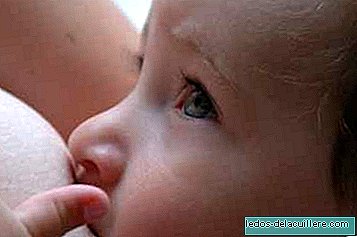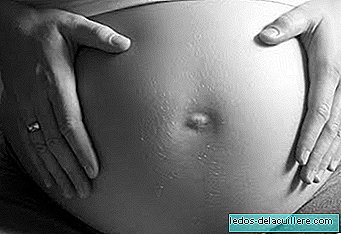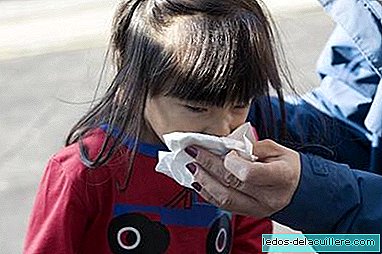
There is much talk about the benefits of breastfeeding for the baby, but it is important to remember that the advantages of breastfeeding also have an impact on women.
A new study has brought to light one of its benefits aimed at women suffering from multiple sclerosis. As researchers from Stanford University in California have been able to conclude, Women who suffer from this neurodegenerative disease may reduce their risk of relapse after pregnancy if they breastfeed their children.
This protective effect had already been suggested in a previous study that suggested that prolactin, a hormone that is produced in pregnancy and helps with the production of breast milk, could serve as a treatment for multiple sclerosis. The hormone increases the production of myelin and helps repair tissues damaged by the disease.
After this explanation it is logical that it is affirmed that breastfeeding helps reduce relapses after pregnancy.
In the group of women with multiple sclerosis who had been mothers, 87% of those who did not breastfeed or bottle fed their babies in the next two months of childbirth had a relapse compared to 36% of women with the disease They fed their babies exclusively with breast milk for at least two months after giving birth. The difference is remarkable.
The main reason for stopping breastfeeding after two months has been to start treatment against multiple sclerosis, however they have observed that women who started treatment earlier had a higher risk of relapse compared to women who continued breastfeeding their babies for longer.
Although more studies are required, this suggests that it may be more desirable for women suffering from multiple sclerosis to delay the start of treatment after giving birth.












